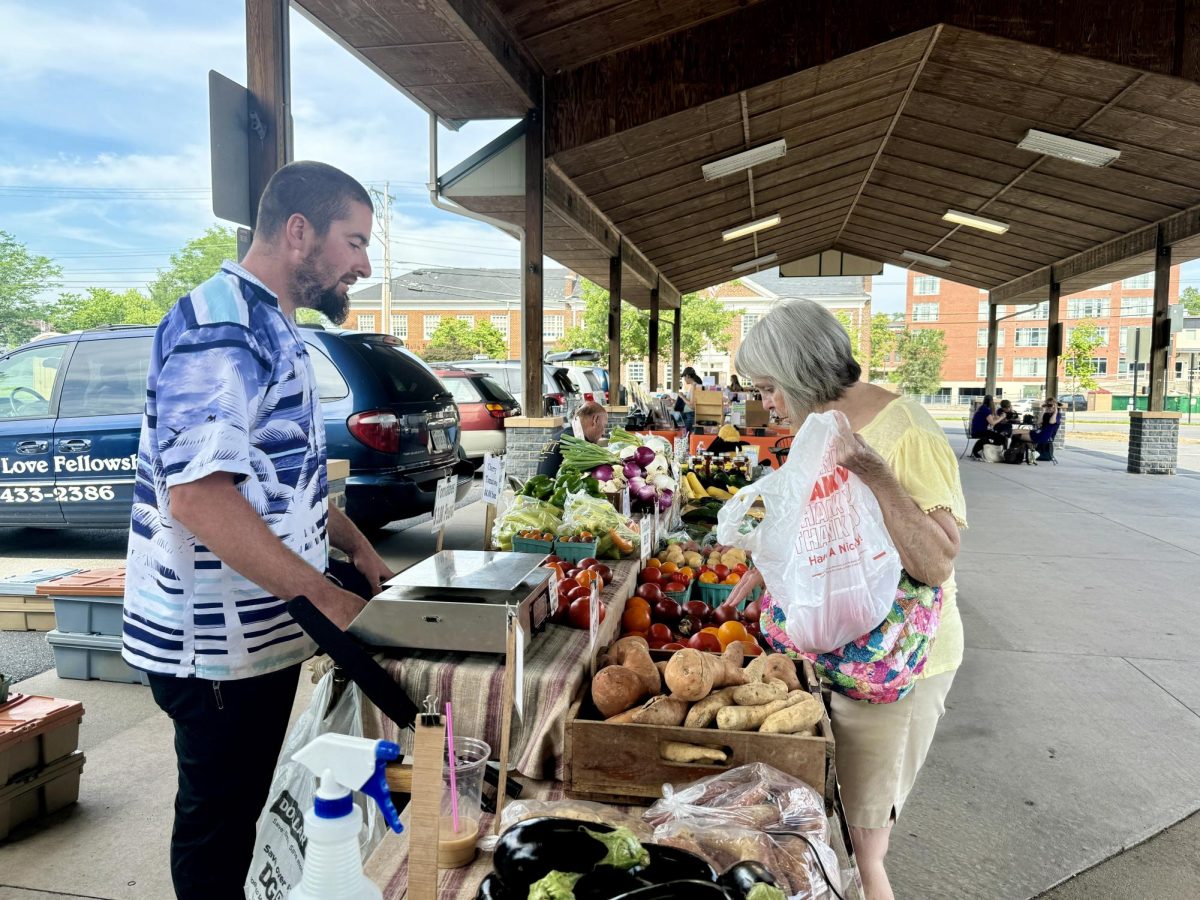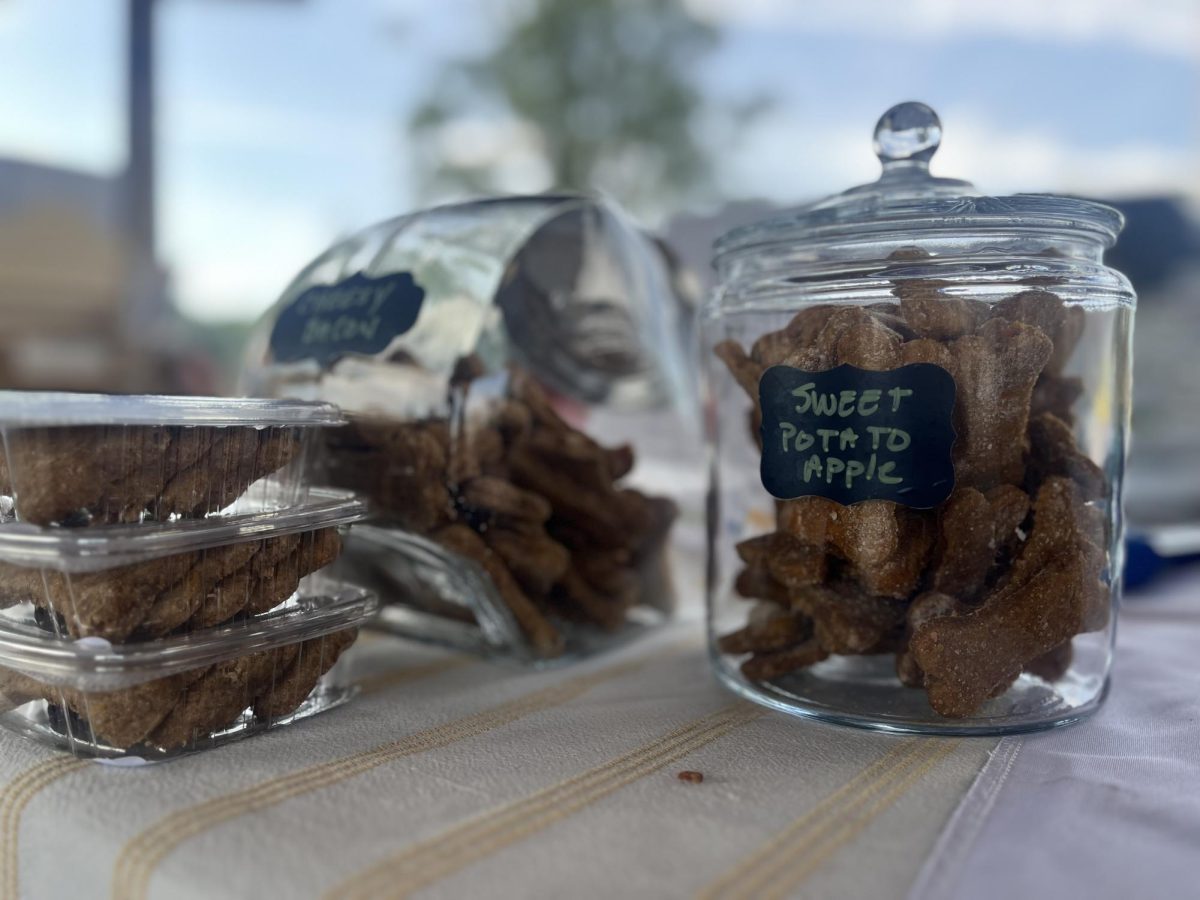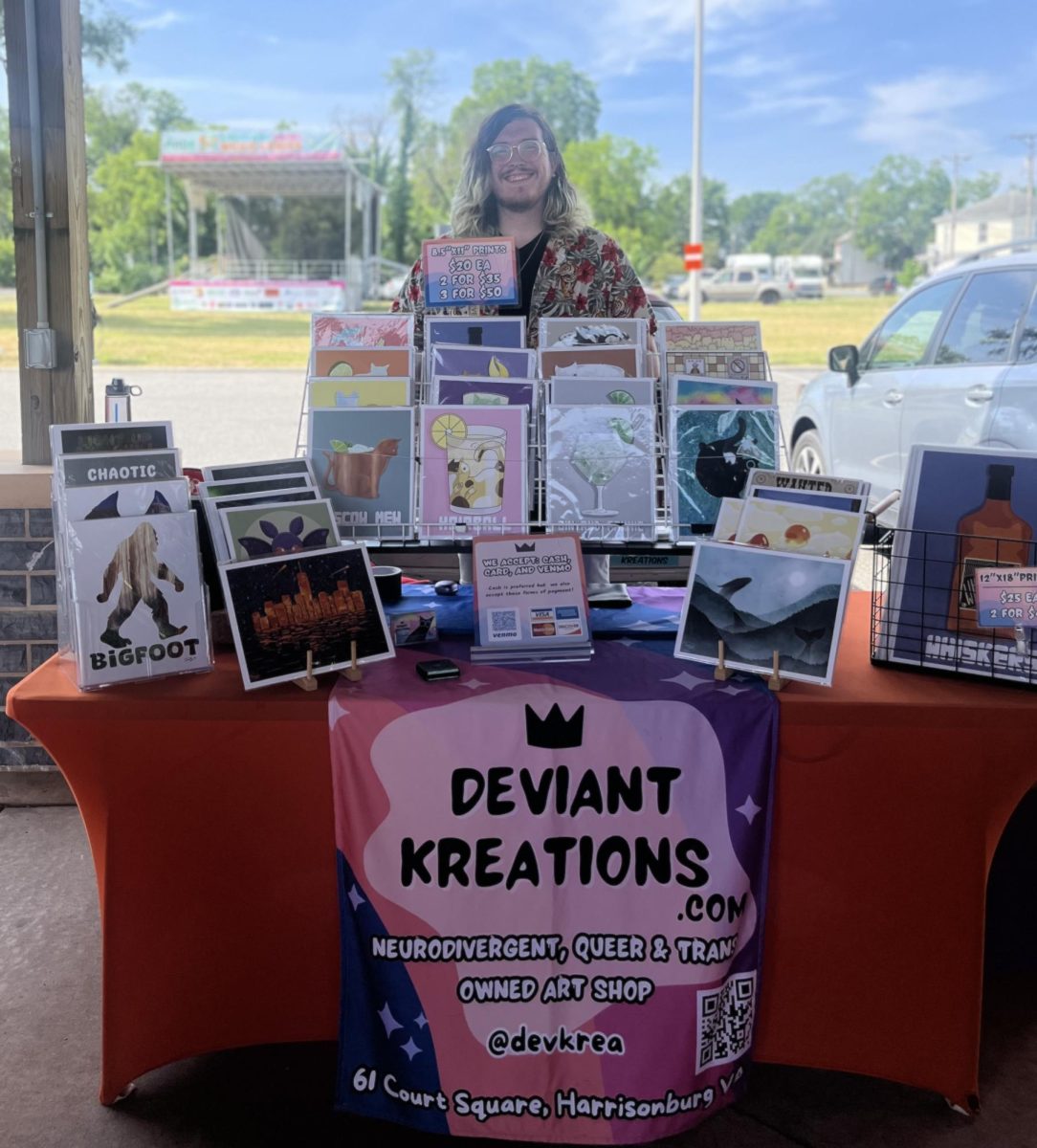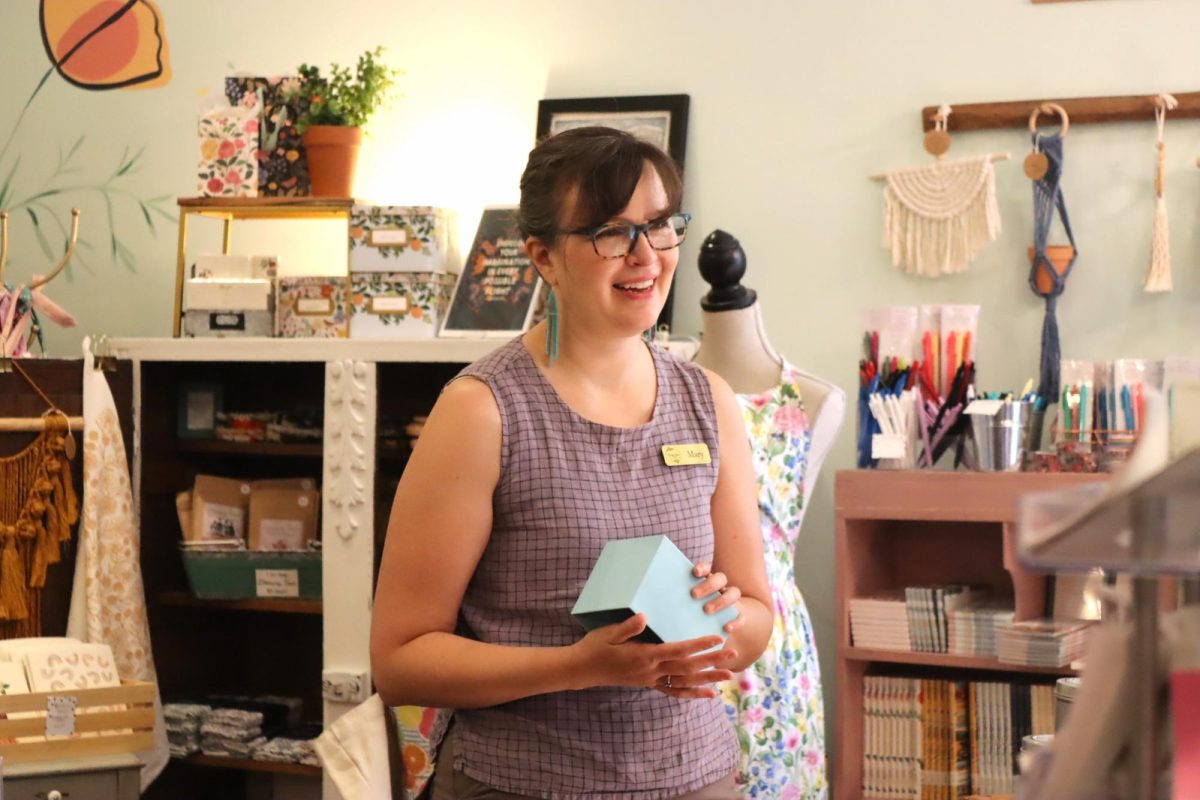For Harrisonburg residents, eating locally is more than just a lifestyle choice, it’s a part of the community culture.
One of these cultural staples is the Friendly City Food Co-Op. Founded in 2011, the Co-Op is a community-owned local organic grocery store that began as a small group of individuals and expanded into a community effort. With over 3,000 owners, the market serves its community of individuals who want organic, natural food. They work with farms with sustainable practices who are either certified organic or no spray agriculture.
“It feels good to be able to offer products to people that we know are sourced ethically,” Friendly City Co-Op Product Team Leader Dietrich Ewing said.
Ultra-processed food makes up 73% of the food on the grocery store shelves in America, according to a study done by Ballard Brief. Ultra-processed foods are packaged foods made from manufactured ingredients; however, it loses the majority of the nutritional value of the original foods, according to the University of Maryland Medical Center.
Instead of importing from California or Mexico, Friendly City Co-Op receives local produce. Harvested that day or a day before it’s brought onto the shelves, products are fresher, according to Ewing.
“It keeps the money in our economy. We’re able to pay the farmers a fair wage for the food they produce,” Ewing said.
Another farm in the community is HEB, a regenerative pasture farm that primarily sells meat and eggs. Their animals are rotated on fresh pastures regularly and eat fermented non-GMO feed with a focus of raising chickens and turkeys from birth until slaughter.
“I harvest the animals myself. I am not disconnected where the food is and where it comes from,” founder of HEB Farm Erik Heberling said. “I know the sacrifices that the animals make for my own family’s food, as well as friends and family and my community at large.”
Compared to farm-grown foods, processed foods are linked to heart diseases and cognitive decline such as dementia and strokes, which are the two leading neurologic causes of fatality in older adults, according to Neurology Journals.
“I do not want to eat that stuff. I do not want to eat stuff that can lower my life expectancy,” Heberling said.
Similar to Heberling’s beliefs on farm-grown food, Amy Wild, founder of Shenandoah Bakery LLC, prioritizes using blueberries, cherries and pumpkin from local vendors. In 2019, Wild acquired Staff of Life Bread Company, which has provided bread to the Harrisonburg community for nearly two decades.
“Our friends at Friendly City Food Co-Op, also in Harrisonburg, carry an assortment of our breads with varieties rotating every week,” Wild said on the Staff of Life website.
Friendly City Co-Op grocery team member Jonathan Reichard recognizes shopping locally as the ability to unite the residents and growers of Harrisonburg economically, socially and culturally.
“It supports the community and helps local farmers. It also means there are no chemicals, anything additive in the food as well, it is cleaner ingredients to make you feel better,” Reichard said.








